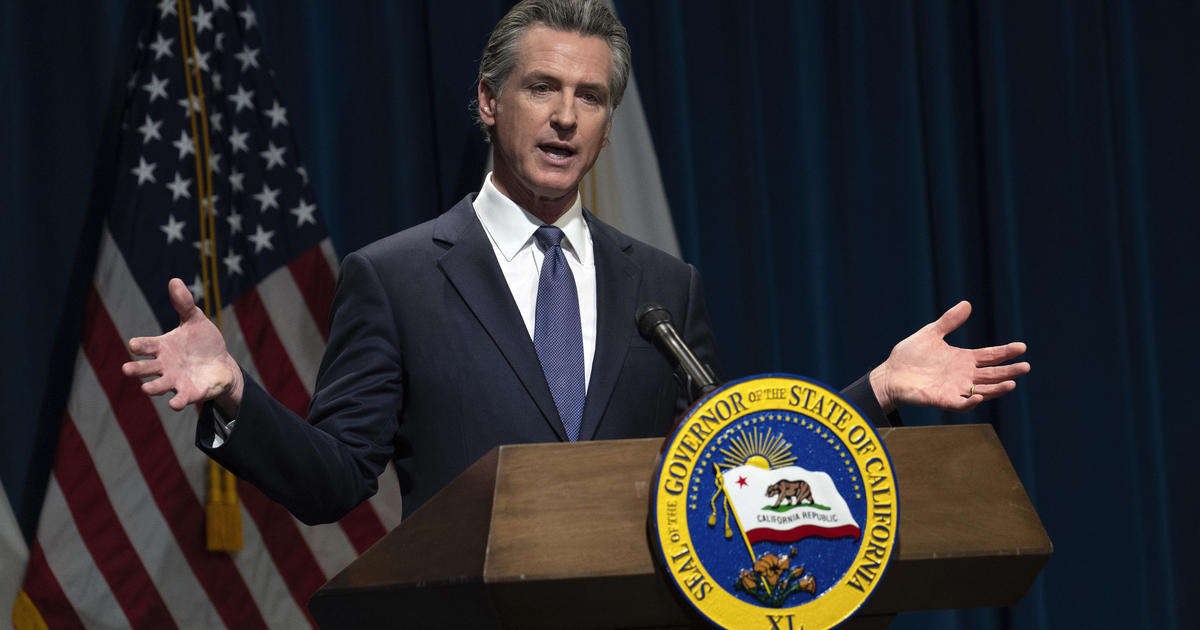UC Berkeley Researcher Says Dire Climate Warnings Can Backfire
BERKELEY (BCN) -- Dire messages about global warming could backfire and actually increase skepticism about climate change among the general public, according to a new study by a University of California at Berkeley social psychologist.
The study, which will be published in the January issue of the journal Psychological Science, said warnings about the potentially devastating consequences of global warming "threaten people's fundamental tendency to see the world as safe, stable and fair."
Author Robb Willer said people might respond to such warnings by disputing evidence for global warming and by cutting back on their plans to reduce their carbon footprint.
Willer, who was assisted by doctoral student Matthew Feinberg in conducting the study, said that if the same messages about the consequences of global warming are combined with potential solutions, the information can be communicated without creating substantial threats to individuals' deeply held beliefs that "the world is fundamentally just, orderly and stable."
He said that's important because research on "just world theory" has demonstrated that when people's need to believe in a just world is threatened, they commonly employ defensive responses such as dismissing or rationalizing the information that threatened their beliefs.
One of the two experiments conducted by Willer and Feinberg involved 97 UC Berkeley undergraduates who were asked whether they thought the world was just or unjust and given two versions of an article about factual data provided by the United Nations Intergovernmental Panel on Climate Change.
Half of the participants received articles that ended with warnings about the apocalyptic consequences of global warming, and the other half read ones that concluded with positive messages focused on potential solutions to global warming, such as technological innovations that could reduce carbon emissions, Willer said.
Those who read the positive messages were more open to believing in the existence of global warming and had more faith in science's ability to solve the problem, but those exposed to "doomsday" messages became more skeptical about climate change, he said.
The second experiment involved 45 volunteers recruited from 30 U.S. cities via Craigslist and examined whether increasing one's belief in a "just world" would increase one's skepticism about global warming.
Participants were shown a video featuring innocent children being put in harm's way to illustrate the alleged threat of global warming to future generations.
Those who had been primed for a "just world" view responded to the video with heightened skepticism about global warming and less willingness to change their lifestyles to reduce their carbon footprint, according to the results.
Willer said the study concluded that, "Fear-based appeals, especially when not coupled with a clear solution, can backfire and undermine the intended effects of messages."
He added, "Our results complement recent research showing that framing environmentalism as patriotic can successfully increase pro-environmental behavioral intentions in those most attached to the status quo."
Willer said he believes the study will be helpful for politicians and environmental advocates interested in understanding public reaction to climate change research and advocacy efforts.
(© CBS Broadcasting Inc. All Rights Reserved. This material may not be published, broadcast, rewritten or redistributed. Bay City News contributed to this report.)



